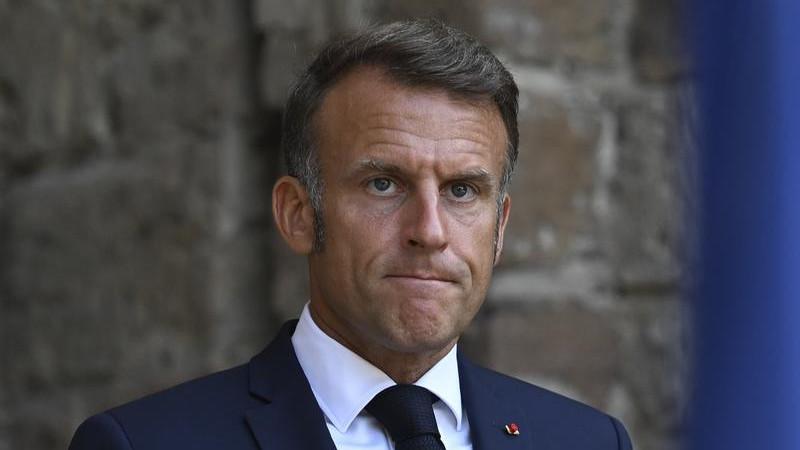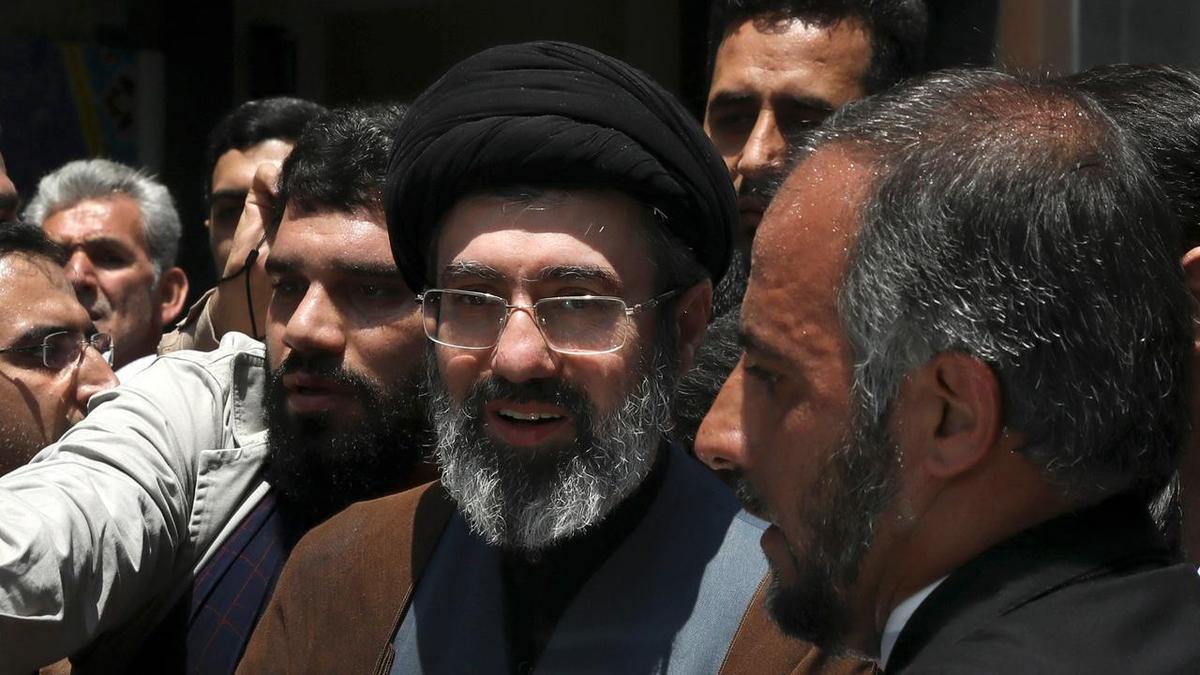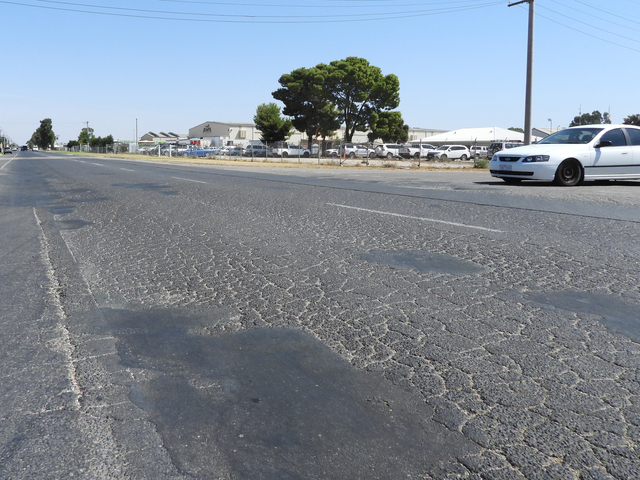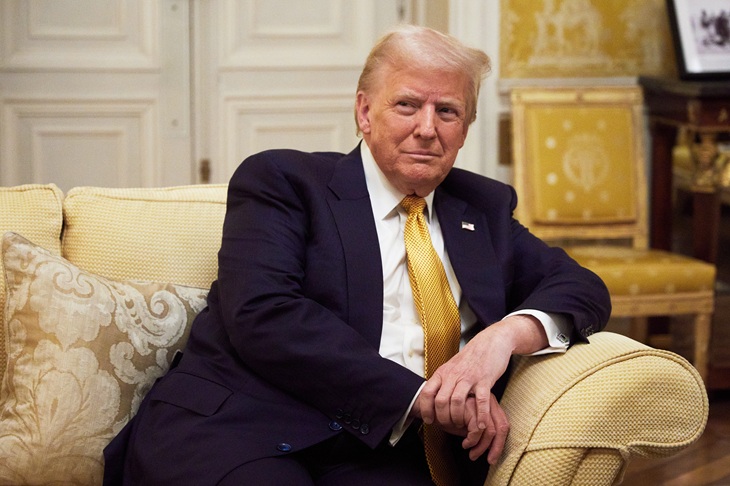
UPDATE: France’s President Emmanuel Macron is under intense pressure to resign or call for a snap election following the resignation of his latest Prime Minister, Sebastien Lecornu. This political upheaval marks a critical moment as it has led to the resignation of five prime ministers within less than two years, prompting widespread calls for change.
As political chaos engulfs the nation, former PM Edouard Philippe publicly urged Macron to “leave in an orderly manner” to resolve the ongoing crisis. Speaking on RTL radio, Philippe emphasized the urgent need for a new leadership to navigate one of France’s most significant political crises since the establishment of the Fifth Republic in 1958.
The situation is becoming increasingly dire, with discontent spilling into the public sphere. “It’s a mess. It makes you sad,” lamented Brigitte Gries, a 70-year-old pensioner in Paris. “We’re becoming a bit of a laughing stock around the world right now,” echoed taxi driver Soufiane Mansour in Montpellier.
Political turmoil in the euro zone’s second-largest economy has captured headlines across Europe. Investors are growing wary, as evidenced by a 1.4 percent drop in French stocks on Monday and a spike in the risk premium on French government bonds to a nine-month high. The situation raises critical questions about France’s ability to manage its large budget deficit amidst this instability.
With Macron’s term set to end in 2027, the pressure for him to step down is mounting. Former PM Gabriel Attal, once a loyal supporter, criticized Macron’s recent decisions, stating, “Like many French people, I no longer understand the president’s decisions.” His remarks highlight a growing disconnect between the president and the public.
As Lecornu, whose administration lasted just 14 hours, engages in last-ditch negotiations with political leaders, the urgency to form a stable government is palpable. He is tasked with reconciling differing factions within Macron’s centrist alliance and the conservatives, while also seeking support from opposition parties to ensure a majority in the National Assembly.
In a striking move, the far-right National Rally led by Marine Le Pen has opted out of talks, reiterating their call for the dissolution of the National Assembly. This reflects a growing sentiment that the political landscape is irreparably fragmented, with polls suggesting that a new election would likely yield another divided parliament.
As the situation unfolds, the French populace watches closely. The next steps taken by Macron and his administration could determine the stability of the government and the direction of the country in the coming months. Political analysts will be monitoring the outcome of Lecornu’s negotiations and any potential shifts in public sentiment.
With the country at a crossroads, all eyes are on Macron as he navigates this unprecedented crisis. The political landscape is changing rapidly, and the implications of these developments will resonate far beyond France’s borders.






